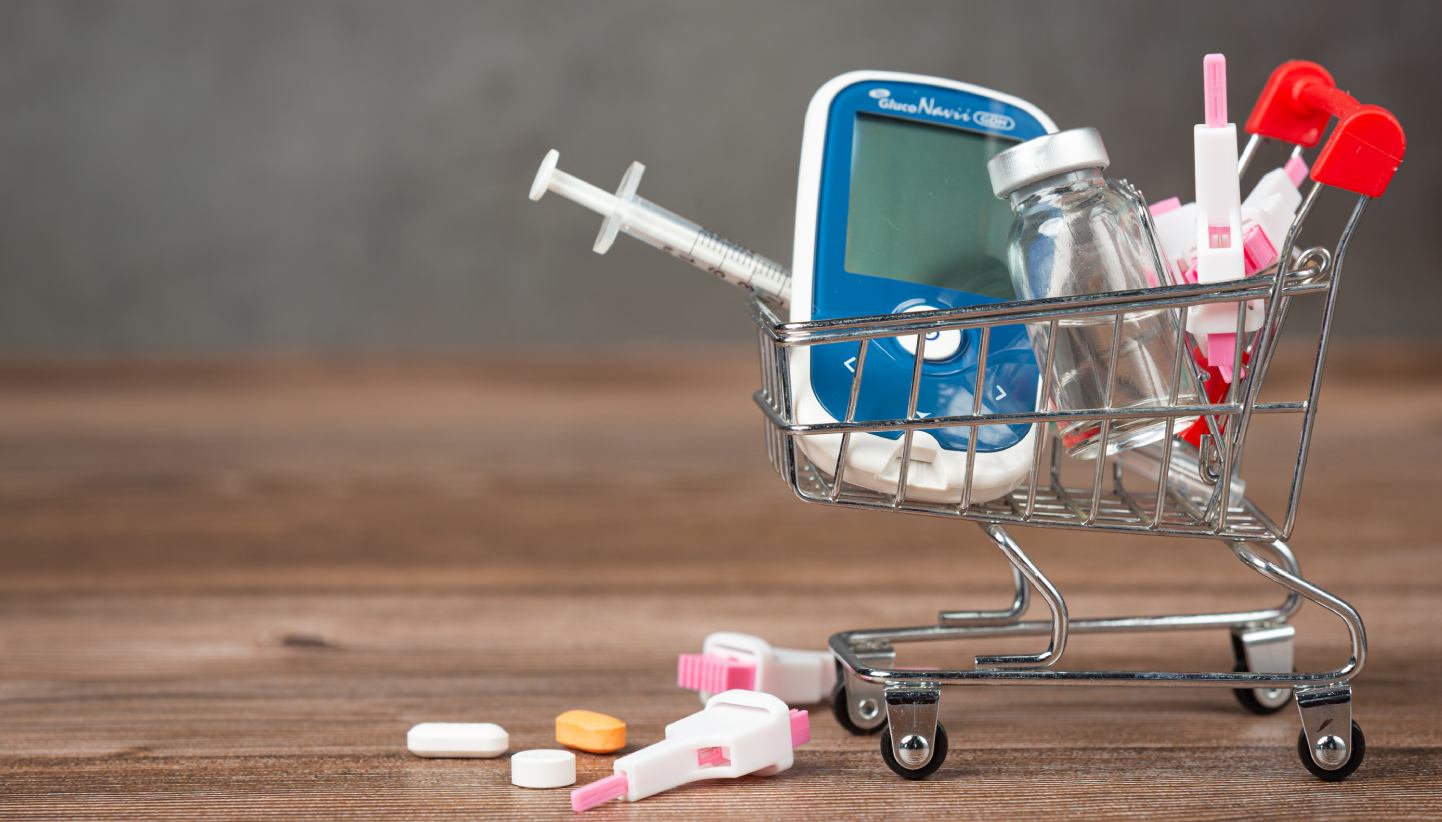The delivery of medical equipment is a critical process that requires specialized logistics solutions to ensure safety, efficiency, and compliance with U.S. regulations. Whether transporting ultrasound machines, ventilators, infusion pumps, or surgical instruments, each shipment must be handled with precision to maintain its integrity and functionality. Ensuring patient safety, minimizing risk, and optimizing the supply chain are all essential components of a successful medical equipment transport strategy.
Understanding Different Types of Medical Equipment and Their Transport Needs
Medical equipment varies widely in size, sensitivity, and handling requirements. Some devices, such as medical imaging systems and diagnostic laboratory machines, require shock-proof packaging to prevent damage during transit. Other equipment, like wheelchairs and oxygen therapy devices, must be handled with care to ensure they remain in working condition upon arrival.
Key considerations include:
- Proper Packaging: Secure crates, bubble wrap, and humidity-controlled transport prevent damage during transit.
- Specialized Handling: Trained couriers and vehicle options ensure safe and compliant medical device delivery.
- Regulatory Compliance: Equipment must meet U.S. safety regulations to ensure it is transported legally and without delays.
Regulatory Compliance in the U.S. Medical Equipment Transport
Transporting medical equipment requires strict adherence to U.S. regulations, including those set by the FDA, DOT, and OSHA. These standards ensure that medical devices are safely transported and properly documented throughout the supply chain.
Key compliance factors include:
- Labeling & Documentation: Proper tracking and classification prevent delays and ensure supply chain transparency.
- Safety & Handling Protocols: Following guidelines for hazardous materials and sterile medical equipment reduces the risk of contamination.
- Temperature & Environmental Controls: Sensitive medical devices require controlled conditions to maintain effectiveness.
Failing to comply with these regulations can result in costly delays, damaged equipment, and compromised patient safety.
Ensuring Equipment Integrity During Transport
The integrity of medical equipment relies on proper packaging, secure handling, and real-time tracking. Logistics providers must implement:
- Advanced Packaging Solutions: Using shock absorbers, foam inserts, and custom crating prevents damage.
- Inventory & Data Tracking: Real-time analytics, proof of delivery, and tracking software ensure shipments arrive on time.
- Risk Management Protocols: Backup routes and contingency plans protect against shipping delays due to weather, road closures, or vehicle malfunctions.
Technology and Innovation in Medical Equipment Logistics
Modern medical logistics uses technology to improve efficiency, visibility, and security. Innovations in tracking, software, and route optimization help ensure medical devices arrive safely.
Key advancements include:
- GPS Tracking & IoT Monitoring: Provides real-time updates on shipping medical equipment and ensures secure delivery.
- Automated Route Optimization: AI-driven routing enhances efficiency and reduces delivery time.
- Predictive Maintenance for Vehicles: Ensures transport vehicles remain in optimal condition, preventing delays.
Last-Mile Delivery and On-Site Coordination
A critical aspect of medical equipment logistics is last-mile delivery, ensuring that devices reach hospitals, clinics, and healthcare facilities safely. This final step often requires additional services such as:
- On-Site Installation: White Glove services provide professional setup and positioning within medical facilities.
- Temperature-Controlled Storage: Certain medications, therapies, and medical devices require regulated conditions.
- Facility Coordination: Logistics teams work with healthcare staff to schedule timely and efficient deliveries.
Investing in Reliable Medical Equipment Logistics
Healthcare providers must partner with a trusted logistics provider to ensure that their medical equipment is transported with the highest standards of safety, compliance, and efficiency.
A dedicated medical logistics team helps:
- Enhance Patient Safety: Ensuring timely and secure deliveries of critical medical devices prevents disruptions in care.
- Protect Reputation & Compliance: Adhering to FDA, DOT, and OSHA regulations maintains high industry standards.
- Improve Cost Efficiency: Leveraging technology, tracking software, and optimized routing reduces overall transport costs.
Trust LDK Logistics for Reliable Medical Equipment Transport
At LDK Logistics, we specialize in domestic transportation of medical equipment, ensuring safe, compliant, and efficient deliveries across the U.S. Our expert team provides:
- Last-mile delivery and on-site setup for medical devices and hospital equipment.
- Regulatory compliance management to meet FDA, DOT, and OSHA guidelines.
- Temperature-controlled transport for medication, oxygen tanks, and medical supplies.
- Advanced tracking technology for real-time visibility and proof of delivery.
Our inside deliveries, packaging and crating, and dedicated medical equipment logistics services ensure that each item is transported with the utmost care. We also support retail, commercial moving, and last mile logistics to provide a holistic solution for our clients’ varied needs. Ensure your medical equipment is delivered safely and efficiently. Contact LDK Logistics today for a customized transport solution tailored to your healthcare facility’s needs.

